‘Gingerism’: the last socially acceptable form of bullying?
Human rights champion calls for greater protection for red-headed children

A free daily email with the biggest news stories of the day – and the best features from TheWeek.com
You are now subscribed
Your newsletter sign-up was successful
The head of a human rights charity has warned that prejudice against people with ginger hair is “not just ‘harmless banter’” and that red-haired children need to be protected.
Chrissy Meleady, CEO of Equalities and Human Rights UK, told the Sheffield Star that “bullying red-haired people is one of the last socially accepted forms of prejudice against people for a trait they were born with”.
Campaigners and red-haired people have been trying to change such attitudes for years. Redheads worldwide yesterday celebrated Kiss a Ginger Day, established in 2009 in a bid to “offset the far less fun Kick A Ginger Day that takes place in November”, explained daysoftheyear.com.
The Week
Escape your echo chamber. Get the facts behind the news, plus analysis from multiple perspectives.

Sign up for The Week's Free Newsletters
From our morning news briefing to a weekly Good News Newsletter, get the best of The Week delivered directly to your inbox.
From our morning news briefing to a weekly Good News Newsletter, get the best of The Week delivered directly to your inbox.
But “unfortunately, there is a long history of making fun of people with ginger hair in the UK”, said Great British Mag, a site for international students. And although “attitudes have progressed”, cases of “ginger-bullying and exclusion” are still common.
Rights campaigner Meleady spoke out after a teaching assistant at a Sheffield primary school lost an unfair dismissal claim last week. An employment tribunal heard that he was sacked after being accused of bullying and “humiliating” pupils, the Sheffield Star reported.
The reported incidents included doing an internet search for “gingerphobia” during a lesson, which “led to a child in the class with red hair being teased by his classmates and getting upset”.
Although gingerism may be presented as just “banter”, rights campaigner Meleady, “who is ginger herself”, argued that such so-called jokes can “strip red-haired children “of their positive self-identity and confidence”, said The Telegraph.
A free daily email with the biggest news stories of the day – and the best features from TheWeek.com
“And worse, it can lead to school refusal, health problems, self-injurious behaviour and even children wanting and trying to die by suicide,” added Meleady, who was awarded an MBE in 2000 for her services to children.
She told the Sheffield Star that she had recently witnessed a case of “a family physically abusing their baby for having red hair as they equated her red hair as being the ‘mark of the devil’”.
Another family, who were seeking to adopt, had said that “they would accept any child of any race, social background, nationality, sexual orientation, diverse genders, disabled, but that they ’could not abide a red-haired child’”, she continued.
Meleady called for action to protect young redheads, “not just from gingerism or anti-red haired prejudice and abuse from other children, but from school and other settings members who model the bullying and abuses to red-haired children”.
Between 1% and 2% of the global population have red hair, but the figure is much higher in England, at 6%, and higher still in Scotland, at 13%.
In 2013, genetic researchers believed they had “developed a powerful tool to combat the bullying of some redheads in Britain”, Reuters reported. The Scottish team discovered that as many as one in three Britons carry red-head genes, meaning that even if they are not redheads themselves, “their future children or grandchildren could be”.
Alastair Moffat of ScotlandsDNA, which carried out the analysis, told the news agency that showing how many Brits have the ginger gene could help end the prejudice that “blights the lives” of many redheads.
The research was published months after of a teenager took her own life after teased about her red hair. Following her death, the father of 15-year-old Helena Farrell, from Cumbria, “demanded discrimination against ginger people to be made a hate crime”, said The Telegraph.
Prince Harry has also spoken about being “bullied for being ginger”, according to the Daily Mail. In 2007, the royal reportedly told a teenager who had won an award for counselling that his army colleagues had “nicknamed him ‘Ginger Bullet Magnet’” and bought ginger wigs as a joke.
-
 Political cartoons for February 15
Political cartoons for February 15Cartoons Sunday's political cartoons include political ventriloquism, Europe in the middle, and more
-
 The broken water companies failing England and Wales
The broken water companies failing England and WalesExplainer With rising bills, deteriorating river health and a lack of investment, regulators face an uphill battle to stabilise the industry
-
 A thrilling foodie city in northern Japan
A thrilling foodie city in northern JapanThe Week Recommends The food scene here is ‘unspoilt’ and ‘fun’
-
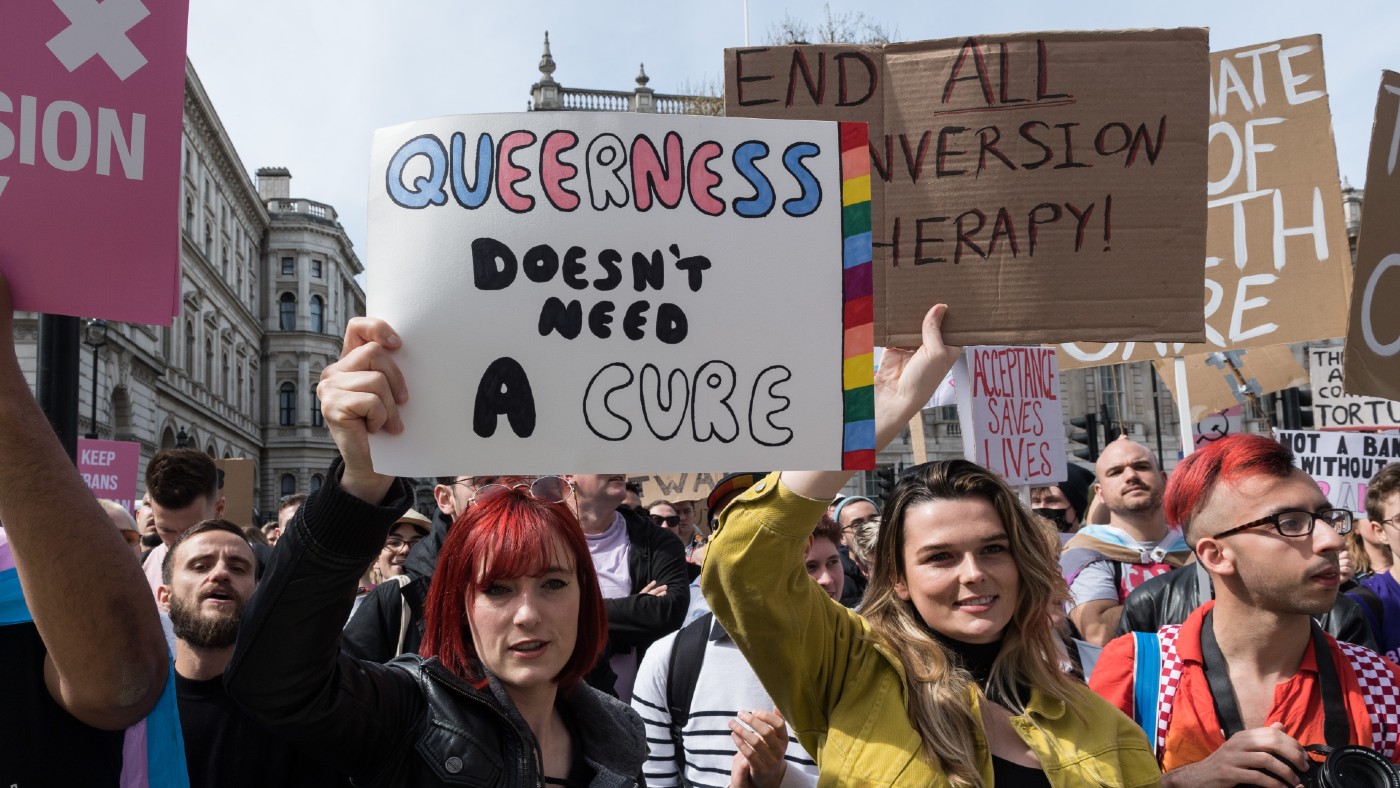 The countries that have banned conversion therapy
The countries that have banned conversion therapyIn the Spotlight Former PM Theresa May has urged UK government to ban practice for transgender people
-
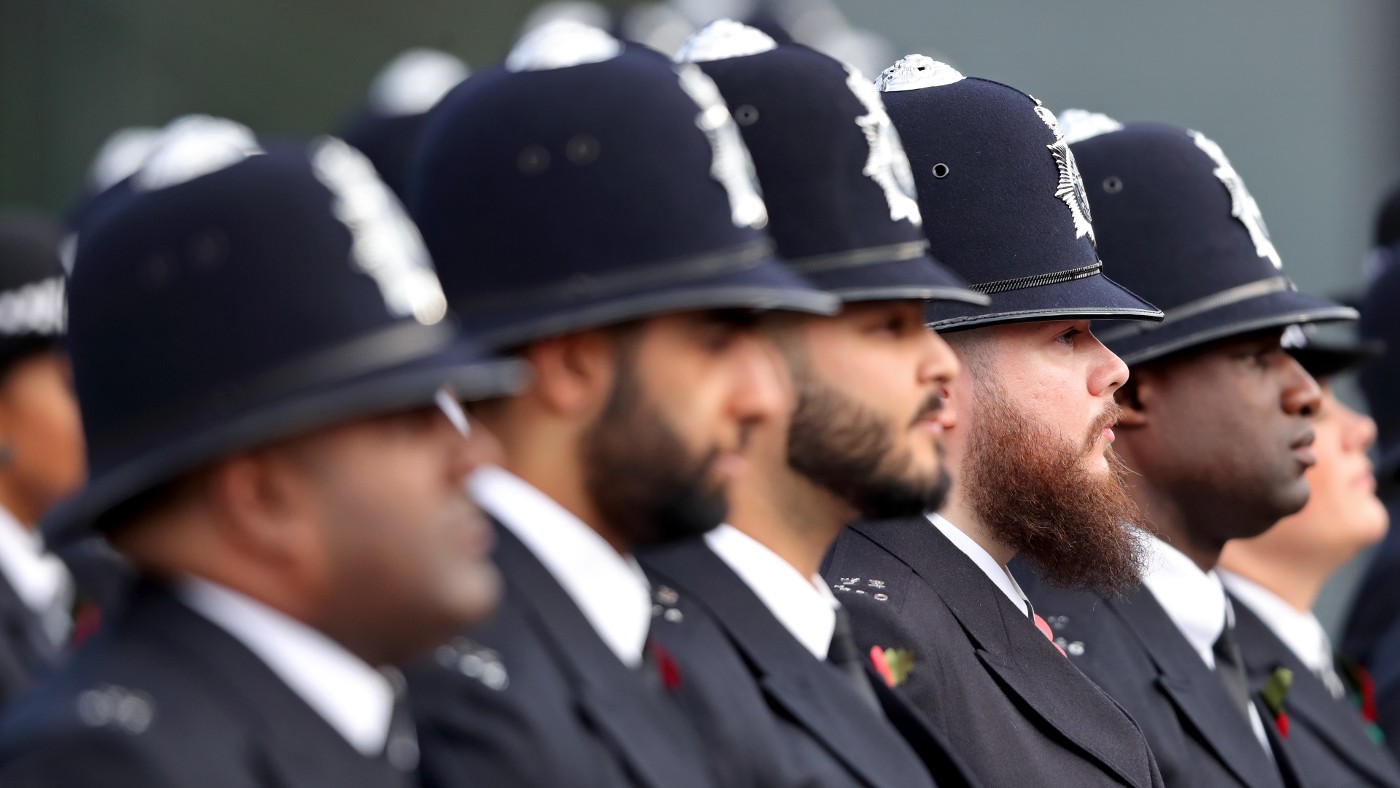 What putting Metropolitan Police in ‘special measures’ means for the force
What putting Metropolitan Police in ‘special measures’ means for the forceIn the Spotlight Scotland Yard facing greater scrutiny and pressure to produce improvement plan following criticisms by watchdog
-
 Maradona and the ‘simple homicide’ trial
Maradona and the ‘simple homicide’ trialIn the Spotlight Prosecutors claim football legend’s death was result of ‘omissions’ by medics and a psychologist
-
 David Amess murder trial: ‘harrowing’ details of attack play out in court
David Amess murder trial: ‘harrowing’ details of attack play out in courtIn the Spotlight Emergency phone call by witness played to jury
-
 Can the Metropolitan Police rebuild public trust?
Can the Metropolitan Police rebuild public trust?In the Spotlight Hunt for a police chief beings as Cressida Dick steps down from top job
-
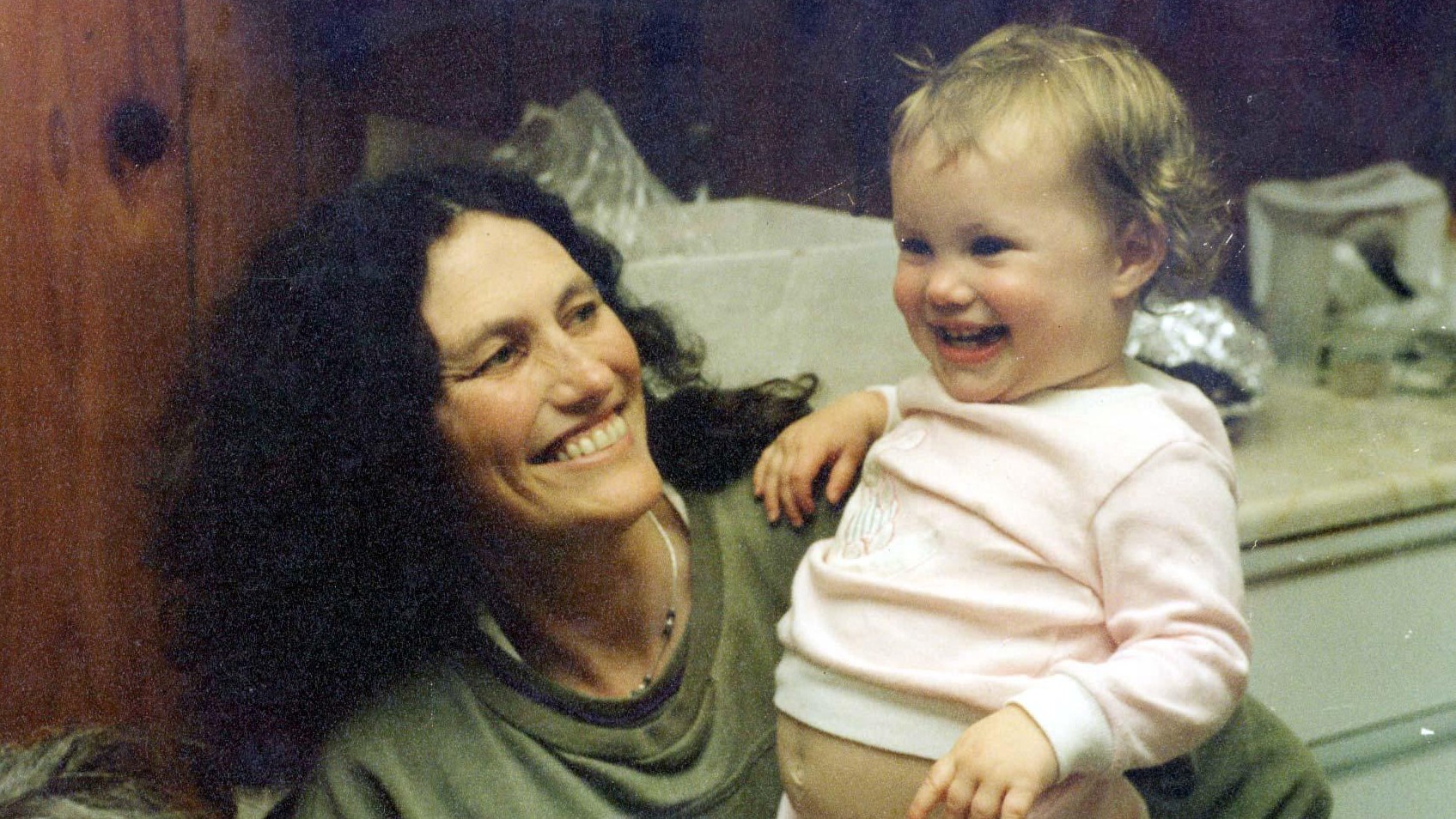 Is Levi Bellfield telling the truth about the Russell murders?
Is Levi Bellfield telling the truth about the Russell murders?In the Spotlight Killer confesses to double murder that put another man behind bars for two decades
-
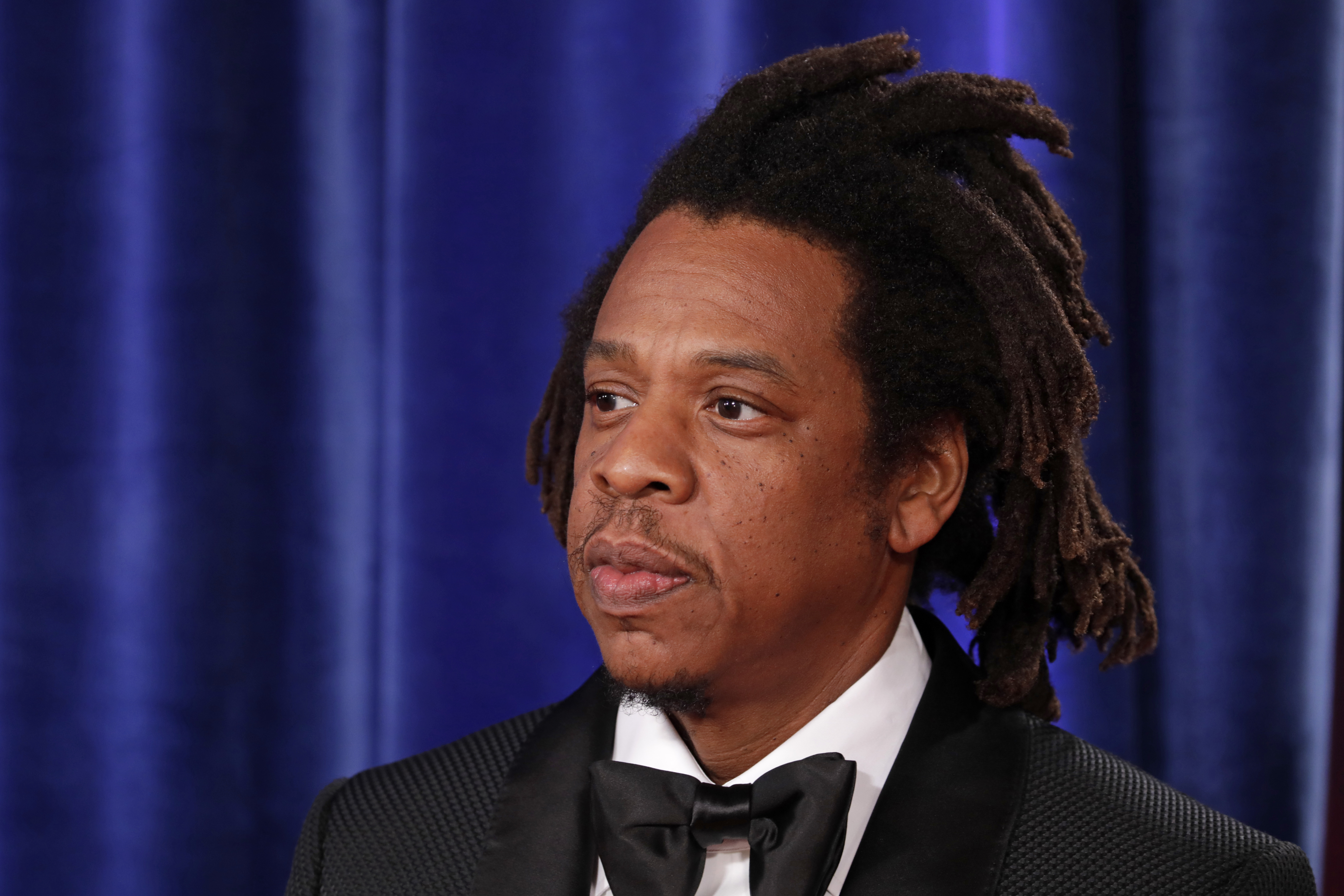 Rap on Trial: the battle to keep lyrics out of courtrooms
Rap on Trial: the battle to keep lyrics out of courtroomsIn the Spotlight Jay-Z among rappers backing legislation to stop defendants’ verses from being used against them
-
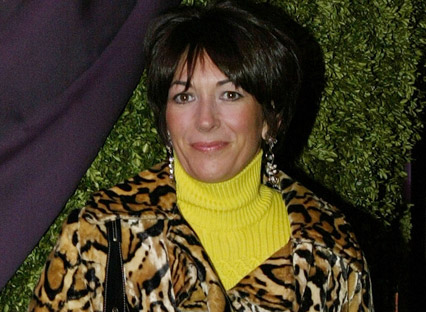 Ghislaine Maxwell: the allegations examined
Ghislaine Maxwell: the allegations examinedIn the Spotlight Prosecutors at New York trial will argue the British socialite groomed underage girls for Jeffrey Epstein